This year, as we celebrate 50 years since the April revolution, we look back without losing sight of the present, with two retrospectives – the urgent work of Kamal Aljafari, Palestinian director and visual artist; and a tribute to the Cultural Dynamization and Civic Action Campaigns of the Armed Forces Movement (MFA), with the screening of some of the films that were shown in these campaigns, by authors such as Cinda Firestone and Chris Marker’s SLON Group, contextualized with the reports of RTP made at the time, which show an effervescent country.
Kamal Aljafari Retrospective
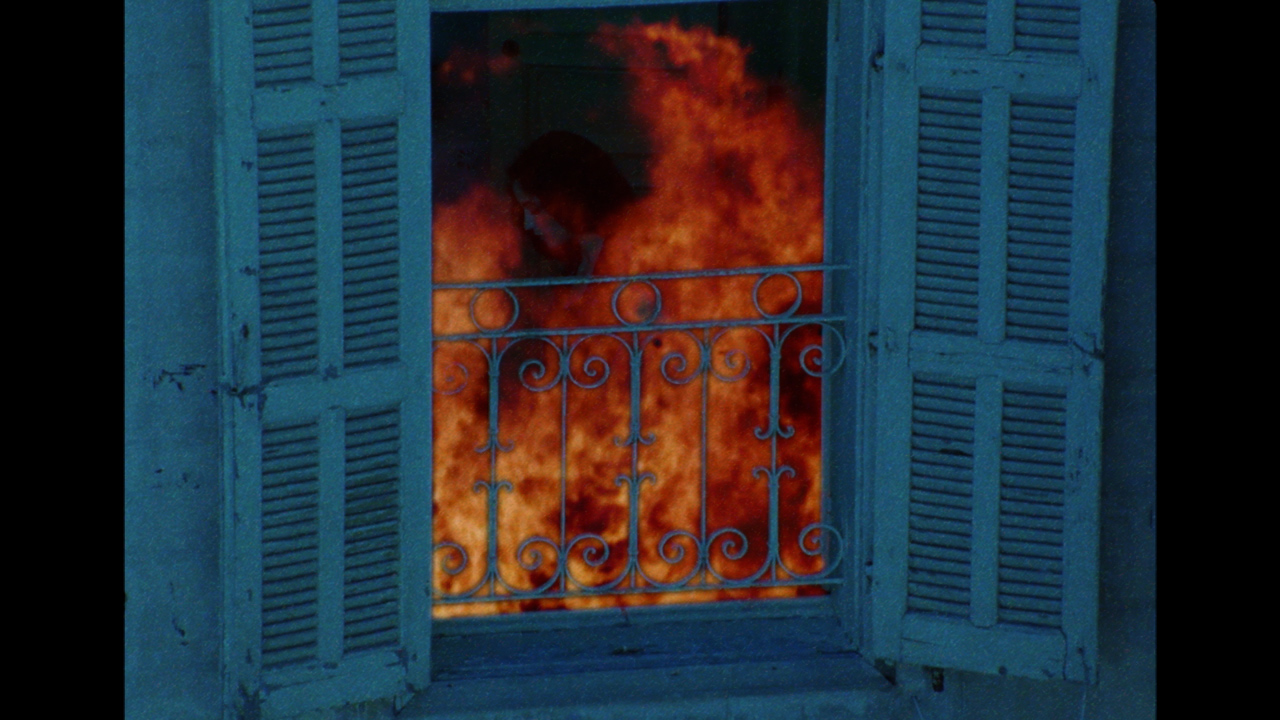
To what extent can the real and figurative materiality of an image become an abstraction or a spectrum? The issue evokes aesthetic and ethical problems that converge on a territory that is as real as it is abstract and ghostly: Palestine. In Aljafari’s cinema, Palestine becomes a shadow that runs faster than the body from which it emanates.
Over the course of a career spanning almost two decades, the Palestinian director and artist has undertaken a thorough investigation into the forms and politics of images, into what is seen and what has been made invisible, among material ruins and memorials interpolated in the editing room.
All about this retrospective here.
MFA Retrospective
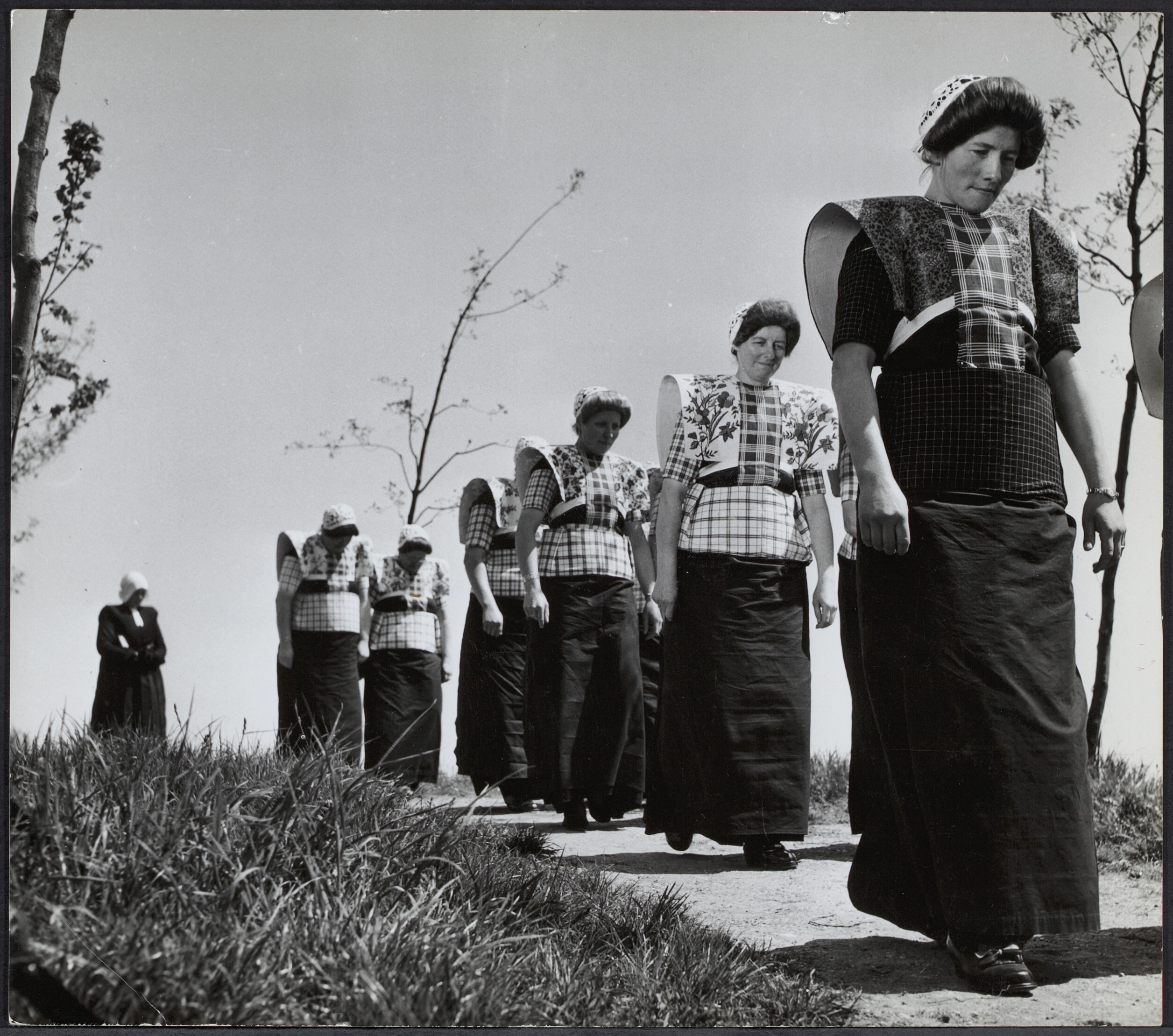
The MFA’s Cultural Dynamization and Civic Action Campaigns, a project that began in October 1974 and ended at the end of 1975, had as their fundamental objective the dissemination and clarification of the MFA Program and the progressive consolidation, with mutual trust, of the People – MFA. This retrospective recovers some of the films, in some cases the copies shown at the time, shown during these Cultural Dynamization and Civic Action Campaigns, always in dialogue with the context created by RTP’s reports, which show an expectant and hopeful country.
All about this retrospective here.
Director’s Cut
The Director’s Cut section explores reflections on cinema, recovered and recontextualized films, in a constant dialogue between past and present.
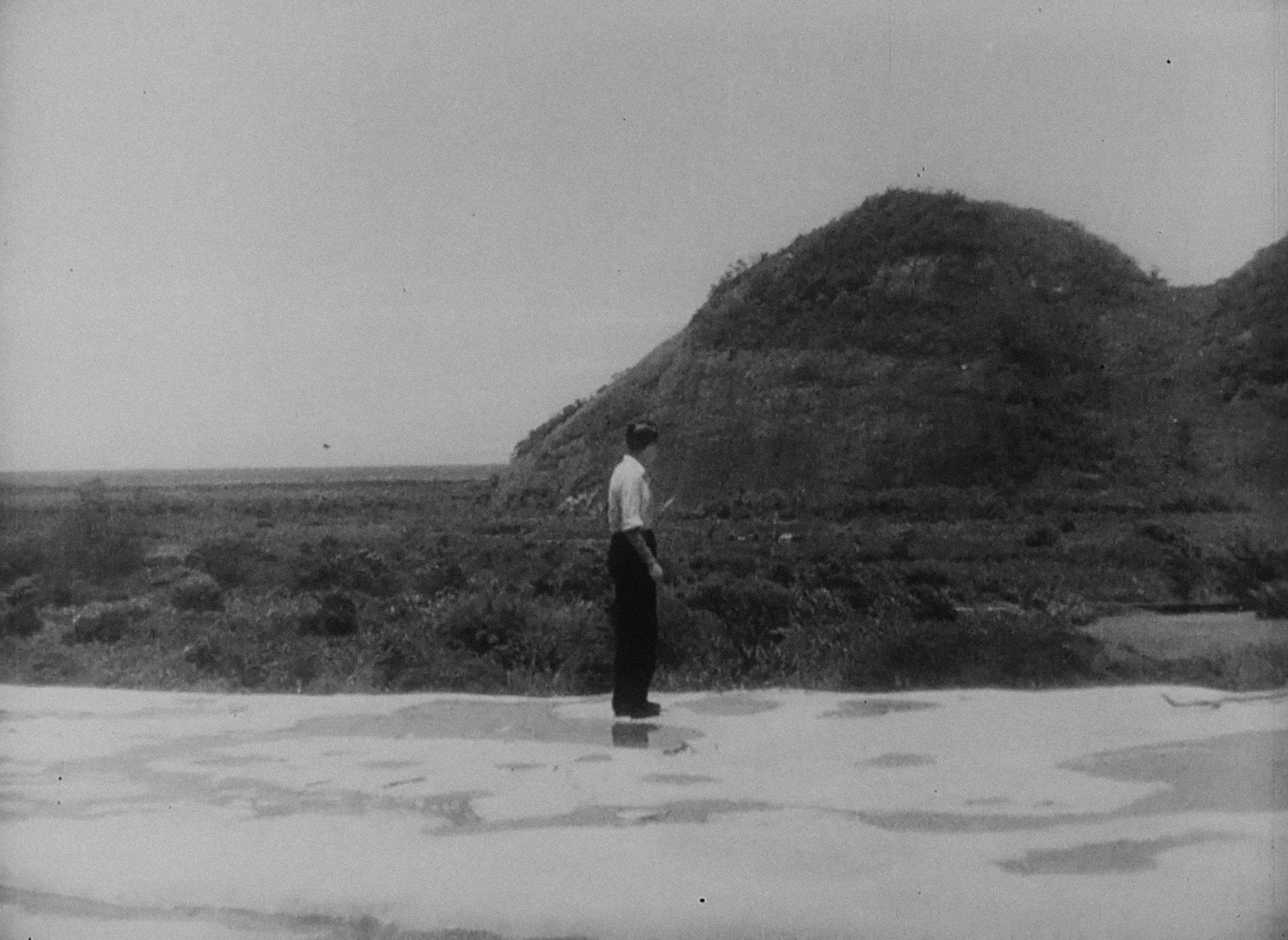
We highlight here An American Chronicle, by Alexandre Gouzou and Jean-Claude Taki, a film about a film by Michelangelo Antonioni that never existed. The Afterlight exists only in a 35 mm print, incorporating natural wear and tear in each passage of the film, until it definitively erodes — this will be its 56th showing, and a unique opportunity.
The Men I Loved questions cultural standards and what was and was not allowed for a woman. The film is a soft-core feminist film, seen at the time as a moral threat to bourgeois patriarchal family values. R21 aka Restoring Solidarity restores the Japanese solidarity movement with Palestine and the cause of self-determination.
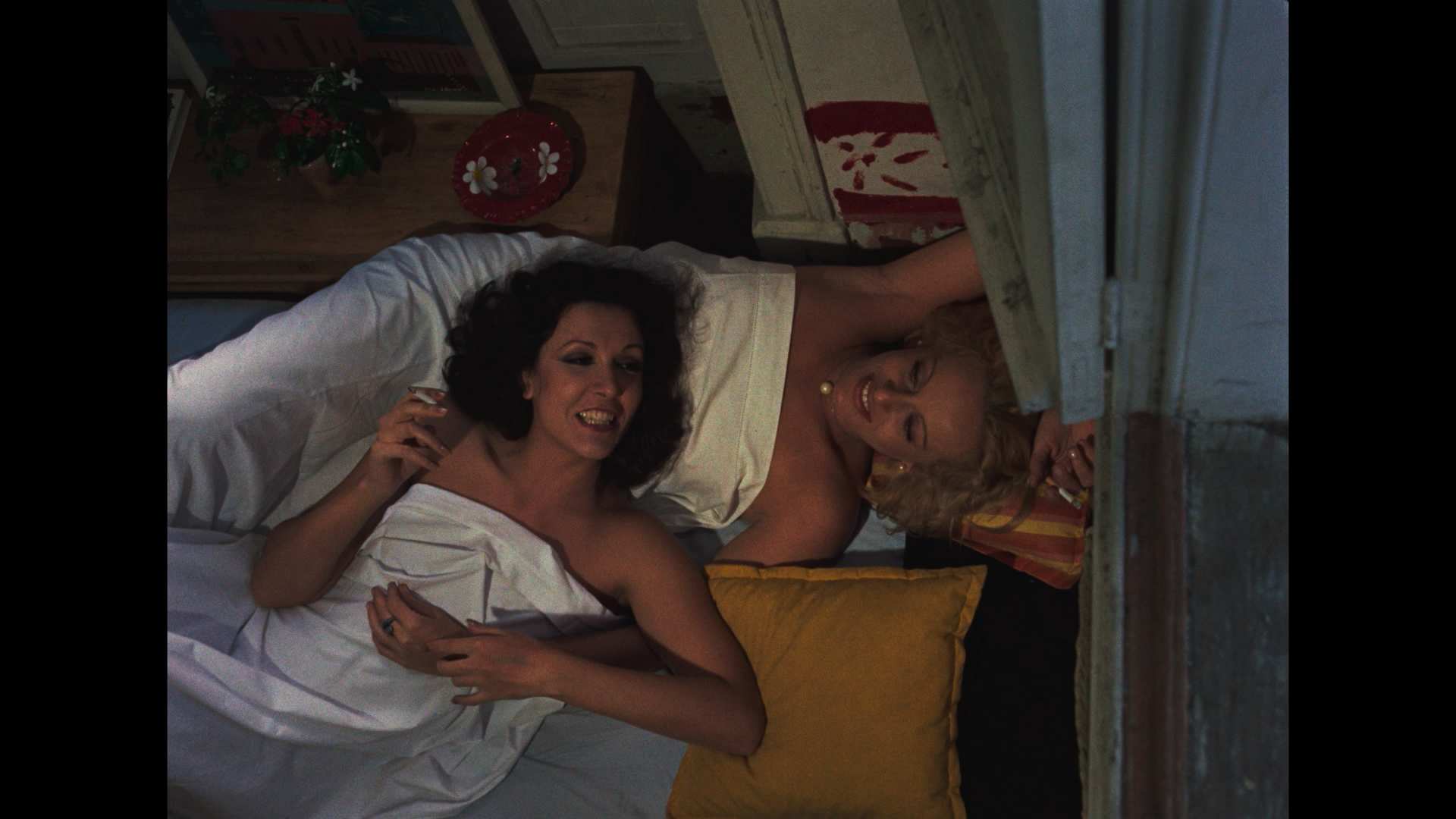
In the short films, the highlight is the collection of four shorts that Chantal Akerman made as part of the entrance exam to the Institut Supérieur des Arts. Chantal Akerman’s First Gaze shows, with surprising innocence and purity, life in the city of Brussels and in Knokke, on the Belgian coast, and includes the director’s sister and mother, who will be a recurring figure in her future work.
In 1930, the year that marked the French film industry’s complete conversion to sound, Germaine Dulac made six post-synchronized silent films designed to accompany a variety of classical and popular music recordings. Most of these films showed the working class in provincial settings as they went about their daily lives. A work from the French Cinematheque that recovers a forgotten production by the pioneer of French impressionism. IndieLisboa will show Celles Qui S’en Font, Ceux Qui Ne S’en Font Pas and Un Peu De Rêve Sur Le Faubourg.
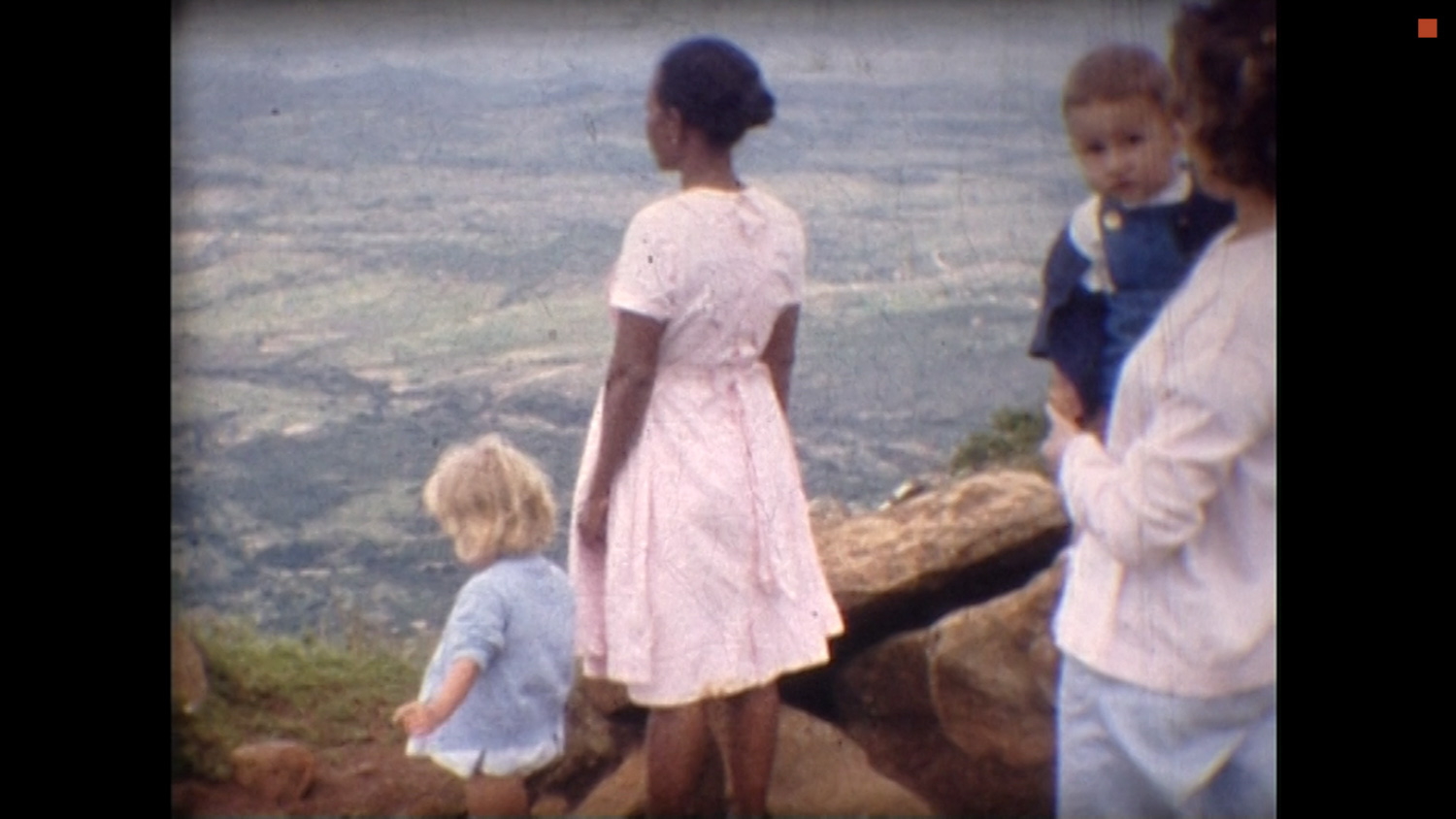
The ease of access to film cameras changed the relationship with images and consequently with cinema. Atlas of an Amateur Cinema: Cartography of the Discarded, by Inês Sapeta Dias and Luísa Homem, based on the estimate that 99% of amateur and family cinema will be lost. It is surprising everything that these films reveal but even more so what remains to be shown. Still on the idea of archive, School Time follows, from the National Archive of Moving Images (ANIM), the process of identifying the estate of the Higher School of Theater and Cinema, where director Francisco Torres interned and accompanied Manuel Mozos while archivist.
